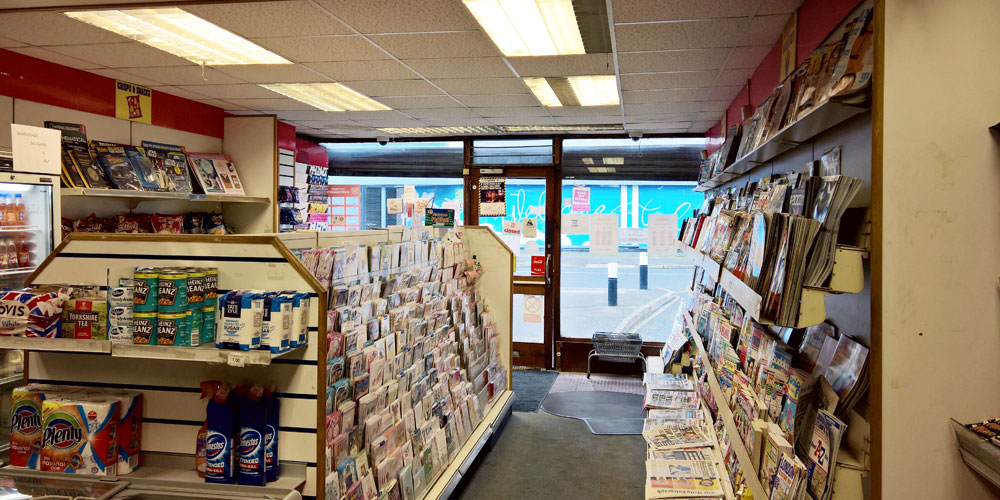In the second of a three-part series, newsagent Graham Hales continues his story of closing a newsagents.
He explains how he negotiated the sale of his business and eventually secured a buyer for his store. In part 1, Graham talks about why he and his sister decided to sell their shop, and discusses the history behind their family business.
After more than three years of trying to find a buyer for my business and freehold I received an offer from a local property developer. He didn’t actually want my newsagents business, but was willing to meet my full asking price.
Throughout the nearly four years since starting the process of selling my business I have taken the view that it will only be really sold when the money arrives in my bank account. There have been many twists and turns with the buyer since accepting his offer.
Taking a jaundiced view of how this would work out has certainly helped me deal with the inevitable stress that negotiations cause.
Soon after accepting the offer my solicitor started asking details about the property, including the paper evidence to support what I was able to provide. As my dad, James, had bought the shop in 1962 and made changes to the building soon afterwards, some of the documents that related to these changes are no longer in my records.
Documents requested included:
- Planning permissions.
- Building regulations completion form
- Electrical installation and safety certificates
- An energy efficiency report
At the time of accepting of the offer I had a sitting tenant in flat above the shop and my buyer, who was looking for a “quick” completion of the sale, wanted me to evict the tenant to “speed the process”.
I certainly was not going to bring the tenancy to an end until all the other issues regarding the sale had been ironed out. The most significant among these was the buyer sorting out his own finances, and that took months.
It became apparent that the buyer had to try a variety of lenders to get the financial package he wanted: a domestic mortgage for the flat and a commercial one for the business premises.
After 14 months of negotiations, the estate agent that I used to market the business phoned me to say that contracts had been exchanged. My solicitor later confirmed this, which was promising news.
In part 3, Graham shares his experience of exchanging contracts to finally completing the sale of his store.





Comments
This article doesn't have any comments yet, be the first!